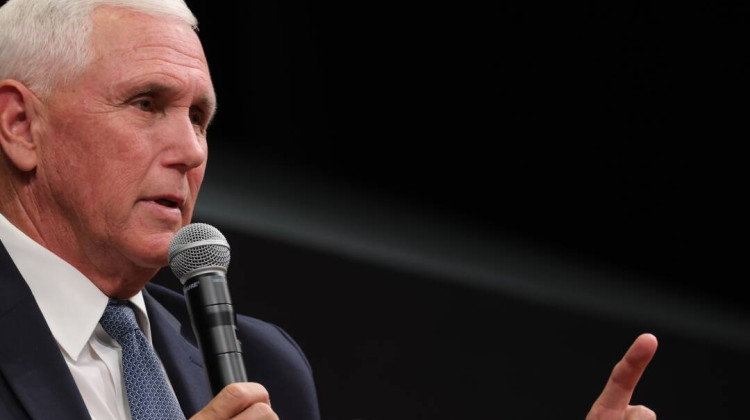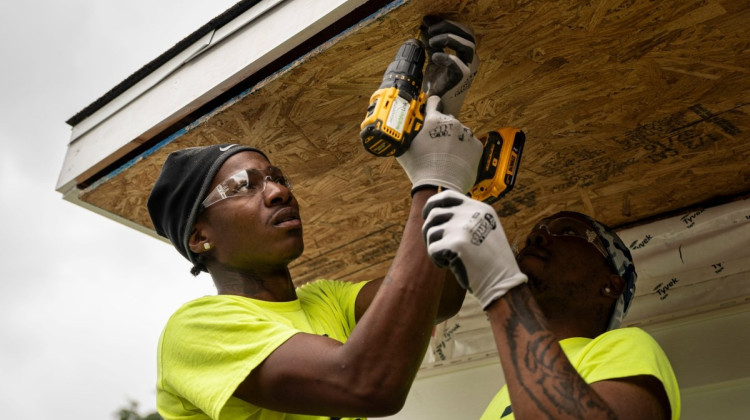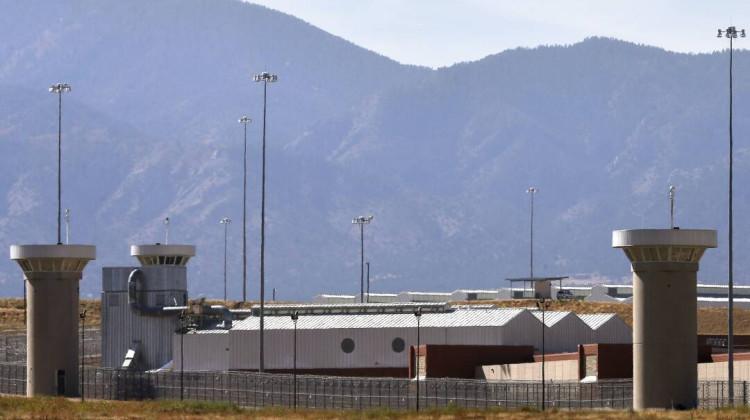
A state energy task force heard testimony in favor of charging some utility customers more when energy demand is at its peak and less when it’s low.
Rebecca Thiele/IPB NewsA state energy task force heard testimony in favor of charging some utility customers more when energy demand is at its peak and less when it’s low. This would allow residents to save money if they do things like turn up their thermostats on hot days or run their dishwashers late at night.
Ahmad Faruqui is with the economic and regulatory research company The Brattle Group. He said customers who sign up for rates based on peak demand times save 5 to 10 percent on their bills and even more when combined with things like smart thermostats.
Spreading out that energy use can also reduce the need to build small “peaking” power plants — costs that often get passed on to customers.
“So it has a tangible benefit — not just for the customer who's on that particular rate, but for all customers," Faruqui said.
Kerwin Olson, Citizens Action Coalition executive director, said rates that charge residents based on peak demand times have potential, but could hurt some lower-income customers. They are less likely to be able to afford smart thermostats and may not be able to manage their family’s energy use as easily.
Olson used the example of a single parent who works two jobs, whose children get home hours before they do.
“They shouldn’t be harmed by time of use rates that will increase their costs just because of their life situation, that’s not fair,” he said.
Join the conversation and sign up for the Indiana Two-Way. Text "Indiana" to 73224. Your comments and questions in response to our weekly text help us find the answers you need on statewide issues.
Olson said these rates should be voluntary, switching back should be free, and higher pricing shouldn’t last more than a couple hours a day.
Officials with the Indiana Chamber of Commerce and Indiana Industrial Energy Consumers also expressed support for voluntary programs.
The 21st Century Energy Policy Development Task Force is looking at ways to lower peak demand as more people buy electric cars.
Contact reporter Rebecca at rthiele@iu.edu or follow her on Twitter at @beckythiele.
Indiana Environmental reporting is supported by the Environmental Resilience Institute, an Indiana University Grand Challenge project developing Indiana-specific projections and informed responses to problems of environmental change.
 DONATE
DONATE







 Support WFYI. We can't do it without you.
Support WFYI. We can't do it without you.